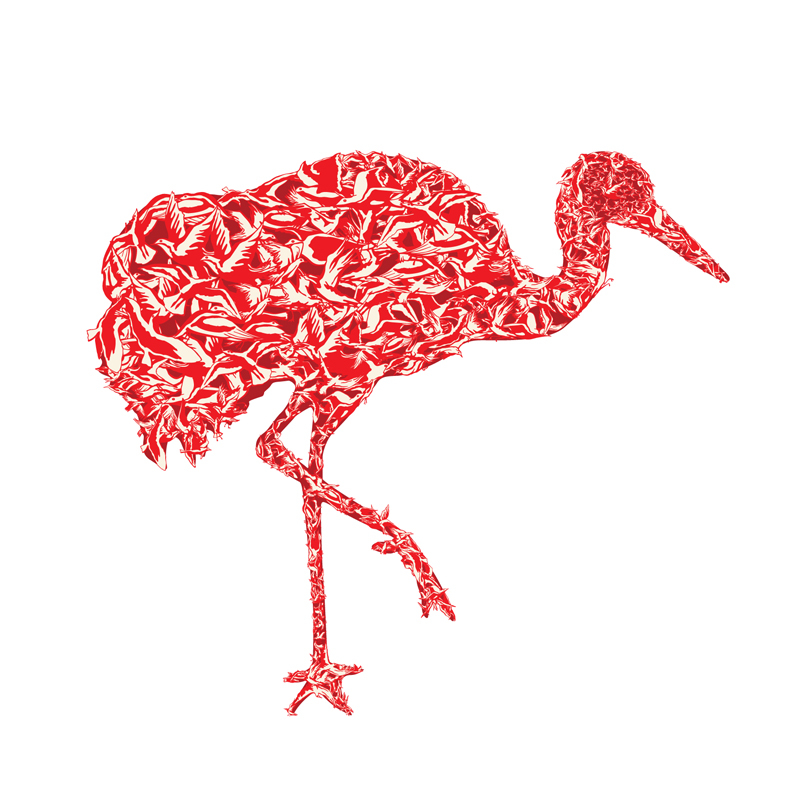Photo by Melissa Glynn Photography
I haven't thought much about how our parenting was impacted by the years we spent trying to conceive, but looking back now, I realize there was a dramatic effect.
We ached for a child. We went through test after test, and treatment after treatment. I was finally pregnant with our first in vitro cycle, and then I wasn't. After our second in vitro, we were blessed with this beautiful baby girl in our arms. After more than four years of trying.
And so we lavished her with our affection and attention.
And I mean lavished.
The sun revolved around Sydney Addison Miller. And so did our family.
Sydney never spent a moment by herself unless she was sleeping. If she fell asleep for a nap in the car, one of us would stay with her, no matter where we were or what we were doing. Even on Christmas Day. Chris literally ate Christmas lunch on a china plate, in the car, while Sydney snored on.
Speaking of the car, when Chris was driving, I rode in the backseat with her to keep her company. Always. I think back now at just how crazy that sounds.
As a baby, I would sing her to sleep nearly every night, slow dancing with her in the dining room where there was the least amount of light. When she climbed out of her crib at 18 months and moved to a "big girl bed," one of us would lie down with her for an hour until she fell asleep.
We constantly entertained her, read to her, taught her and played with her.
The first time I remember Sydney actually playing on her own was at exactly two years old, three months before her little sister was due. She spent an hour lining up her collection of chapsticks. I remember being amazed just watching this feat. Not the balancing of the fruity sticks across the couch, but that she didn't require any attention for a full 60 minutes.
We had date night once a week, and I would feel so guilty as we walked out the door while Sydney screamed and cried loudly in the background to make sure we understood the depths of her disappointment and despair at our abandonment.
Now, I will caveat all of the above with the fact that Sydney was a fussy baby (at least in the opinion of this mom, who admittedly had very little experience with babies). Which is the reason we spent so much time with her. She cried often, and once she got going, it was hard to get her to stop (and still is today, at age six). She cried nearly every minute in the car unless we were singing Old McDonald Had a Farm. She cried at bedtime most of all. And cry-it-out, which I tried to brave at the four-month-mark when Sydney was still awake at 10pm, did not work for her. It just made her more, and more, and more riled up. To the point where she almost threw up. You know that hormone that gets released when children cry that makes them sleepy? That doesn't happen with Sydney for some reason.
I spent endless hours online researching why she was crying. I took her to the doctor five times as often as there was a fixable problem, like an ear infection. I changed my diet to make sure it wasn't my breastmilk that was making her colicky.
As Sydney's grown up, she has gotten easier. As a baby, she was upset more times than not. As a two-year-old, we'd have four outbreaks a day. At three, she was down to two outbreaks a day. At four and five, she would have one spell a day or less. And at six years old, we can make it a few days straight without a "crazy" moment.
We do still tiptoe around anything that will trigger a "Sydney Spell." For example, Sydney used to get very upset when anyone held their hands to their lips to tell her to be quiet. And once she got upset, she would stay upset, squeezing her neck and gasping for air. For an hour or more. So instead of shushing her, we created a secret phrase to ask her to be quiet. Spell avoided.
Have other parents gone through these great lengths to keep their babies and kids happy? Maybe. But had we started trying to conceive, gotten pregnant in that first year, and had our little boy or girl without any complications, I think our attitude would have been different. And our attention a little less lavish. As is evidenced by our behavior with Sydney's younger sister Sabrina (3), and brother Luke (2), who received a lot less attention (as often happens with the second and third kid).
I believe they are the better for it. They are much more laid back. They are not as strong willed. They aren't nearly as sensitive. They are comfortable playing on their own. They are capable of entertaining themselves. They are happier more often.
Here is how I describe our three children to a new babysitter: If Sydney gets a shot at the doctor's office, she will still be crying an hour later. When Sabrina gets a shot, she cries for about 45 seconds, until she can pick her lollipop. When Luke gets a shot, sometimes he doesn't even cry out, but if he does, he stops as soon as the nurse says, "All done!"
Were Sydney, Sabrina and Luke simply born with their temperaments, and different actions would not have resulted in different outcomes? I honestly don't know the answer. But in the end, our lesson learned is that while attention is great, too much attention may not be.










